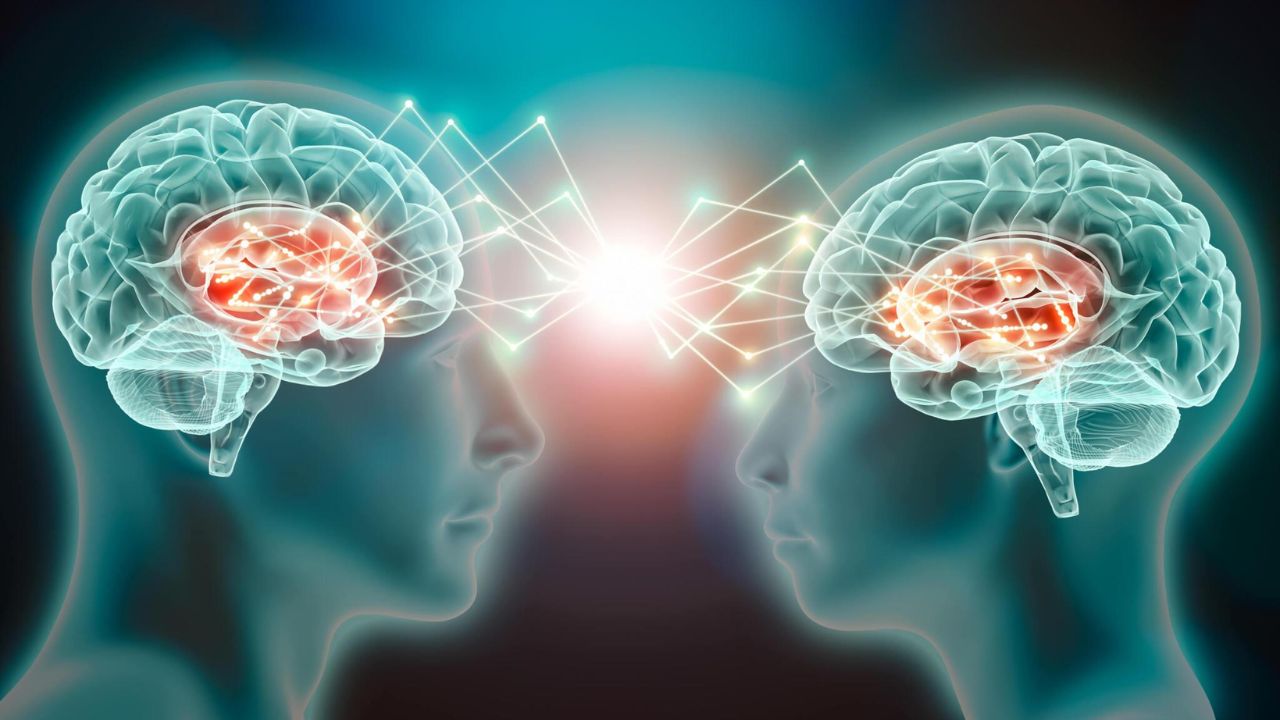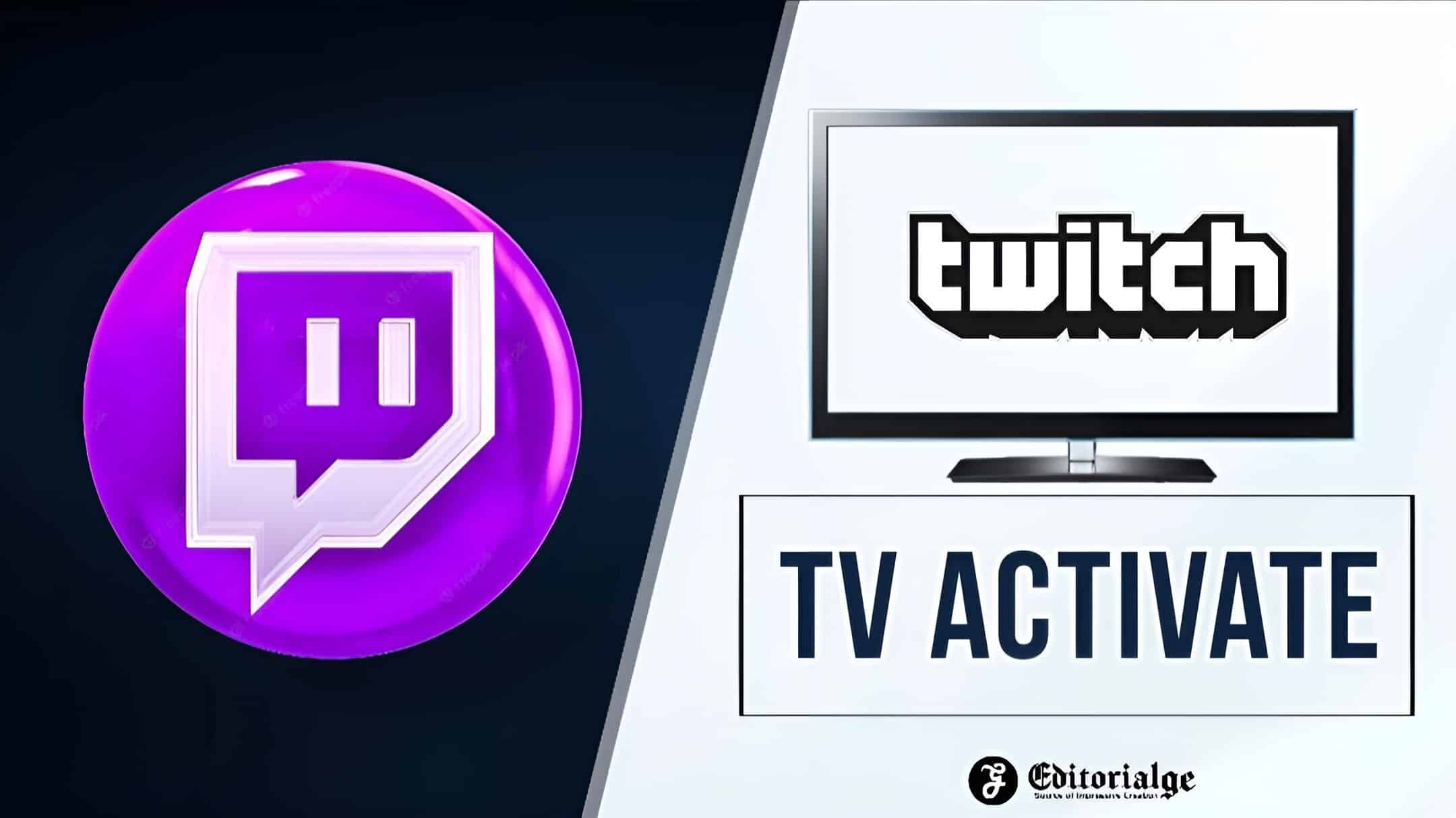Embarking on a journey to understand the nuances of brain stimulation therapies opens doors to transformative possibilities in mental health care. In this comprehensive article, we delve into the intricacies of Repetitive Transcranial Magnetic Stimulation (rTMS) and Deep Transcranial Magnetic Stimulation (dTMS), unraveling their differences, similarities, and therapeutic applications. Join us as we decode the mysteries of these innovative treatments and explore their roles in shaping the future of neuropsychiatric interventions.
Introduction
Brain stimulation therapies have revolutionized the landscape of mental health treatment, offering novel approaches to addressing conditions such as depression, anxiety, and post-traumatic stress disorder (PTSD). Among these therapies, Repetitive Transcranial Magnetic Stimulation (rTMS) and Deep Transcranial Magnetic Stimulation (dTMS) stand out as prominent modalities with distinct mechanisms of action and therapeutic potentials. As interest in these techniques continues to grow, understanding the fundamental principles underlying rTMS and dTMS is essential for navigating their applications in clinical practice.
Exploring Repetitive Transcranial Magnetic Stimulation (rTMS)
What is rTMS?
Repetitive Transcranial Magnetic Stimulation (rTMS) stands as a cornerstone in the realm of non-invasive brain stimulation therapies, revolutionizing the treatment landscape for numerous neuropsychiatric conditions. At its core, rTMS harnesses the power of magnetic pulses to precisely target and modulate activity within specific areas of the brain. Unlike traditional TMS techniques, which may deliver single pulses or bursts of stimulation, rTMS employs a repetitive application of magnetic pulses over a duration of time, hence its distinctive moniker.
This repetitive stimulation protocol allows for sustained and cumulative effects on neuronal activity, fostering the normalization of aberrant neural circuitry implicated in conditions such as depression, anxiety, and chronic pain. By finely tuning the frequency, intensity, and duration of stimulation, clinicians can tailor rTMS treatment protocols to address the unique neurobiological underpinnings of each patient’s condition, optimizing therapeutic outcomes and enhancing overall well-being.
At its essence, rTMS represents a paradigm shift in the treatment of neuropsychiatric disorders, offering a non-invasive and targeted approach that minimizes the risk of systemic side effects commonly associated with pharmacological interventions. Through its ability to modulate neuronal activity within specific brain regions, rTMS holds promise as a versatile therapeutic tool with applications across a broad spectrum of mental health conditions. As research continues to advance and our understanding of brain function evolves, rTMS remains at the forefront of innovation in neuromodulation, offering hope for improved treatment outcomes and enhanced quality of life for individuals worldwide.
rTMS vs. dTMS
When juxtaposed with Deep Transcranial Magnetic Stimulation (dTMS), Repetitive Transcranial Magnetic Stimulation (rTMS) typically directs its magnetic pulses towards the superficial cortical regions of the brain. This deliberate targeting enables rTMS to exert precise modulation over specific neural networks intricately involved in mood regulation, cognitive processing, and emotional resilience. By honing in on these cortical areas, rTMS can effectively influence the intricate interplay of neurotransmitters and neural pathways that underpin various neuropsychiatric conditions.
Despite its efficacy in treating depression and other psychiatric disorders, rTMS’s depth of penetration is inherently limited compared to dTMS. While rTMS can effectively modulate activity within superficial cortical regions, its magnetic pulses may struggle to reach and stimulate deeper brain structures implicated in certain conditions. This limitation is particularly noteworthy when addressing disorders characterized by dysfunctions in subcortical areas, such as the limbic system and the anterior cingulate cortex, which play pivotal roles in emotional processing and mood regulation.
However, it is essential to recognize that rTMS’s targeting of superficial cortical regions is not without merit. By focusing on these areas, rTMS can directly influence the activity of specific brain circuits associated with mood disorders, facilitating symptom relief and promoting overall well-being. Additionally, rTMS’s targeted approach minimizes the risk of off-target effects and unwanted side effects, enhancing its safety and tolerability profile for many individuals.
While rTMS’s depth of penetration may pose challenges in reaching deeper brain structures, its efficacy in treating a wide range of neuropsychiatric conditions remains undeniable. Through ongoing research and technological advancements, efforts are underway to enhance rTMS’s depth of penetration and broaden its therapeutic reach. By leveraging its precision targeting capabilities and refining treatment protocols, rTMS continues to evolve as a valuable tool in the quest to unlock the mysteries of the human brain and alleviate the burden of mental illness.
Understanding Deep Transcranial Magnetic Stimulation (dTMS)
What is dTMS?
Deep Transcranial Magnetic Stimulation (dTMS) stands as a pioneering leap forward in the realm of Transcranial Magnetic Stimulation (TMS) technology, offering a revolutionary approach to brain stimulation therapy. Unlike traditional TMS techniques that primarily target superficial cortical regions, dTMS ventures into uncharted territories by penetrating deeper into the brain’s recesses, reaching subcortical structures that play pivotal roles in mood regulation and emotional processing.
At the heart of dTMS’s innovation lies its specialized coils, meticulously engineered to penetrate beyond the cortical surface and access the elusive depths of the brain. These advanced coils emit magnetic pulses with enhanced depth and precision, allowing for the precise targeting of subcortical regions that have previously been beyond the reach of conventional TMS techniques. By honing in on these subcortical structures, dTMS opens doors to new possibilities in neuromodulation, offering a pathway to directly influence the neural circuits that underpin mood disorders and emotional dysregulation.
dTMS vs. rTMS
Compared to rTMS, dTMS offers the advantage of reaching deeper brain structures, including the limbic system and the anterior cingulate cortex, which play pivotal roles in emotional regulation and mood modulation. By accessing these deeper targets, dTMS may offer enhanced efficacy for certain conditions, particularly treatment-resistant depression and PTSD. However, the broader area of stimulation associated with dTMS may also increase the likelihood of off-target effects and side effects compared to rTMS.
Summing Up
In conclusion, Repetitive Transcranial Magnetic Stimulation (rTMS) and Deep Transcranial Magnetic Stimulation (dTMS) represent two distinct yet complementary approaches to brain stimulation therapy. While rTMS offers precise targeting of superficial cortical regions, dTMS extends the reach of stimulation to deeper brain structures implicated in emotional processing and mood regulation. By understanding the unique characteristics and therapeutic potentials of each modality, clinicians can tailor treatment approaches to meet the diverse needs of individuals with neuropsychiatric conditions. As research continues to advance and technology evolves, the synergy between rTMS and dTMS holds promise for unlocking new frontiers in mental health care, paving the way for improved outcomes and enhanced well-being for patients worldwide.







































